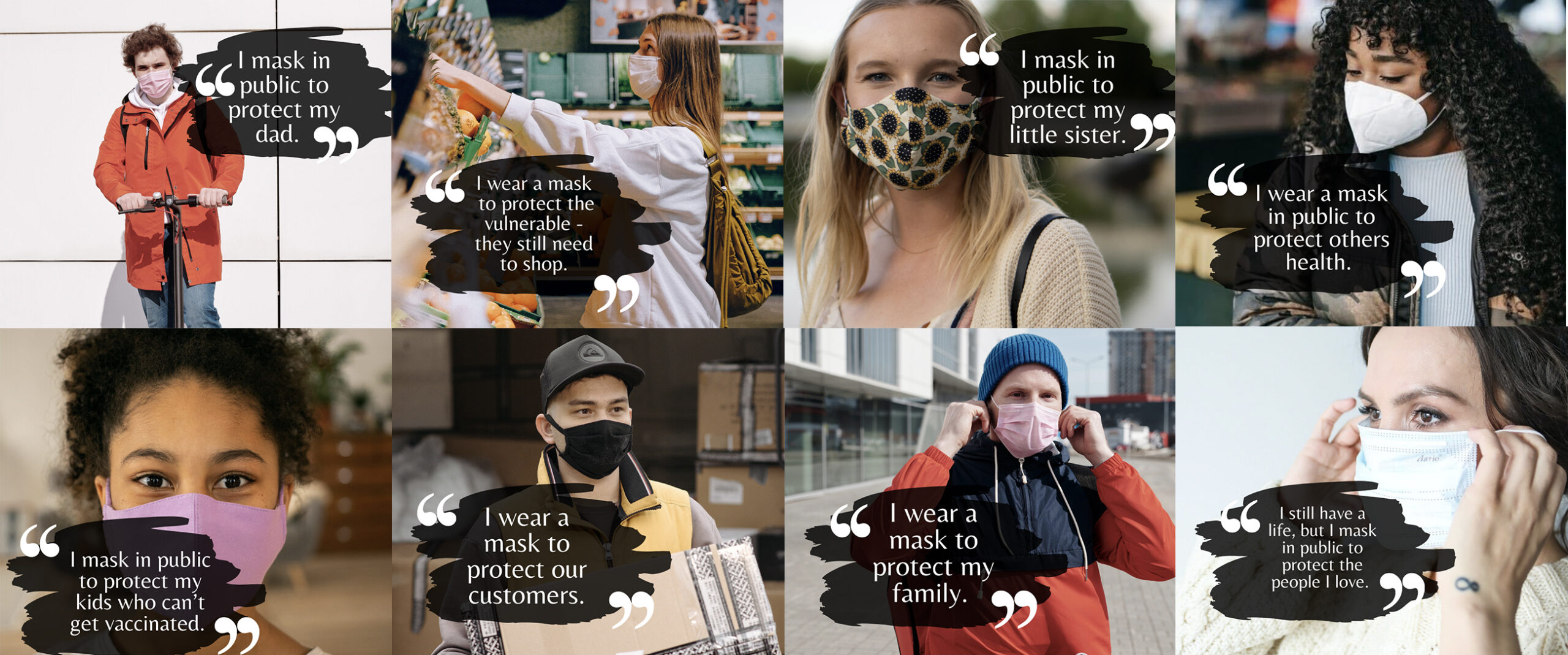We love a hero story. We watch the movies and read the novels that celebrate their bravery.
We reenact their legend on the playground as children. We all want to believe we could be the heroes, that in a moment of crisis we would do the right thing. But the best hero stories are the true ones, the everyday people who did something extraordinary. The soldiers who fought Nazis to bring a Private home to his mother. The escaped slave who returned to the South over and over to help others escape. The everyday Ukrainians doing remarkable things to protect their families and their country.
“Look for the helpers” Mr. Rogers famously said, and we warmed at the thought – good people doing good. The idea that there are people around us willing to help, willing to step in, like a sweater wrapping us in comfort.
What if that could be you, the helper?
The person someone sees at the grocery store or on the bus, and feels comforted by your presence? The person doing a small, simple act, to protect others. Not for applause or points, but… because it’s the right thing. And if it protects even one person from becoming ill or disabled, absolutely worth it. Wearing a mask in a public space sounds like the smallest thing, but the impact? Huge. It’s not about a self righteous performance. No one is going to lift you on their shoulders or chant your name in exhilaration. But that’s not why we do the things that matter.
A parent protects their child.
A neighbor clears an icy sidewalk.
A passerby takes the arm of someone being harassed and walks with them.
A firefighter runs into a burning building and a rescuer jumps into a rushing river to save a swimmer.
One doesn’t have to encounter danger to do something heroic. The scale and risk may be different between a firefighter and the kind neighbor, but the effect is still the same: protecting others because it’s what we do.
Why should this moment be any different? Because someone somewhere decided it should be a debate? That protecting others in an easy and simple way was too much to ask? Your risk assessment is, at best, a guess in our current COVID climate. And your risk assessment is incomplete if it doesn’t factor in your children, your parents, neighbors, the person checking you out at the grocery store and the teacher in your kid’s classroom. Will *you* be ok if you get COVID is only half the equation. Will everyone who comes in contact with you in public be ok if you have COVID is the other half. A simple reframing of the question puts the need for small acts of good into focus.
Societies rise and fall based on people doing heroic things big and small. Mostly small. This was true when we were hunters and gatherers and it was true when we fought Nazis and it’s true now, when we’re still in the midst of a pandemic. And it will be true in the future when new crises arise.
Will our collective action now be used as an example of coming together to protect? It can be, if we do one small thing. If we wear a mask to protect our children from Long COVID.
If we wear a mask at the grocery store so our neighbor whose sidewalk we shovel won’t be exposed to a virus while shopping. We mask so that a stranger can shop and work and go to the pharmacy without risking their already fragile immune system.
The common thread in the hero stories we love the most are based in compassion and lending a hand when no one is looking or applauding. Stepping up and standing in when someone is in need. The athletes helping an injured rival across the finish line. The professor holding a student’s baby so he could take notes. These are the moments we share, that restore our faith in humanity. These are the things we’re all capable of.
It’s the most natural thing in the world, really. It is the collective good that we crave and enjoy, even while we preserve some of our individualism. The two can live together beautifully. We are hardwired to live in tribes, for cohesion. It’s survival instinct and it’s neurological. Our brains mirror each other, our body produces happy hormones when we connect with others. It’s how we’ve fought every past enemy and it’s the only way we progress. One could argue it’s also good for our immune systems. Community and togetherness is why we gather in church, gather in the bleachers and stadiums, gather at concerts. We crave the togetherness, the act of doing the same thing at the same time and for the same purpose. It feeds a need that is not only vital for survival, but also necessary for a full life.
We all want the same thing. It’s easy to lose sight of that in the chaos and tumult of everything. We all want to come out of the pandemic ok. Healthy, alive, thriving. The path may look different for each of us, and that’s fine. We can each go our own way while still preserving our communities, by doing one simple thing. It’s always the small things that matter.
No one is suggesting everyone mask everywhere. People making their own judgment on socializing with friends unmasked, going to a bar, is a risk calculation that is their own to make. But in crowded indoor spaces, in stores and on buses, in classrooms, when people who are vulnerable to a virus have no way to distance themselves, that’s when a mask is an act of community. And it’s how we get through this, get out of this, together. Protecting others, protecting our community is #WhyWeMask.



